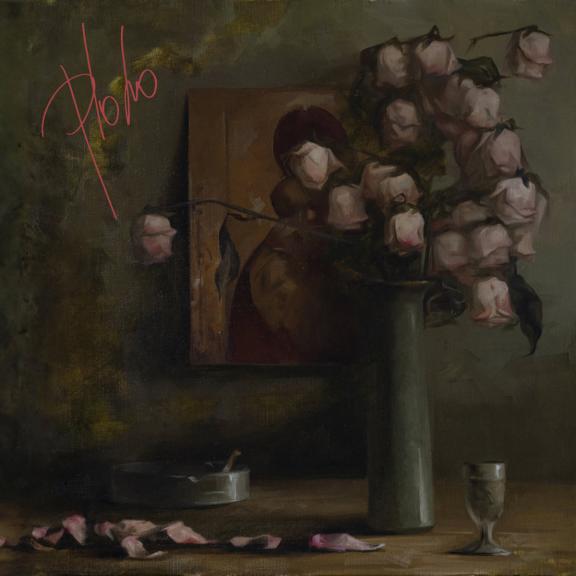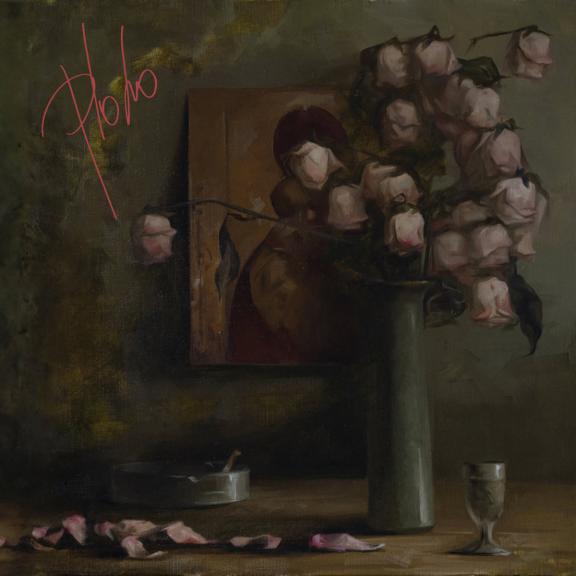For the past ten years or so, Ploho have been releasing one album after another, exporting themselves in order to build up their reputation and establish themselves as one of the most prominent bands on Russia's burgeoning post-punk/new-wave scene. Почва (‘Pochva’ - the soil) is another cold stone added to the Siberian edifice, and the artwork already says a lot about its content: no, Почва is not an album that will help you keep your tan!
Indeed, it's hard not to see these wilted flowers, uprooted from their land, as a metaphor for the musicians themselves, who left Russia to live in Serbia, where the air was more breathable when you spoke out against war. Ploho have never hidden the influence of their native country in their universe: this coldness, this despair, this anguish, the trio inherited them from the last years of the Soviet era, just before its collapse, but also from the climate of violence in which they grew up during the 90s. Now flourishing out of the ground, Ploho summon their ghosts as never before provoking some fine chills right from the anti-capitalist anthem Гештальт (‘Gestalt’). Victor Uzhakov's monotonous, sepulchral vocals, that sullen bass, those spectral synths that envelop us: the horizon is grey, filled with heavy clouds.
Ploho is neither ornamental nor humorous. His world is minimalist, raw and austere. However, despite the serious vocals that seem to do everything to pin us down on frozen, arid ground, the album also evokes a certain desire to escape, a form of melancholic, nostalgic lightness carried by synth melodies dripping with 80s influences (the bittersweet Я буду жить для тебя (‘I'll live for you’), the bouncier Красота не спасёт мир (‘beauty won't save the world’) or a cover of ПТВП, aka Poslednie Tanki V Parizhe, Край ночи and its more demonstrative emotions). When Ploho gets dancey, it's in a panic that oozes panic, anxiety or feverish rage (Страшно и точка, ‘simply frightening’, or the aptly named Печаль, ‘sadness’), ideal anthems for waddling around staring at a grey, damp floor.
The soil that gives Ploho's new album its name continues to nourish their souls, if not their bodies. Fading into melancholy, the trio sing of the ghosts of their homeland with their usual blend of poetry and icy radicalism. Imagine Joy Division meets the rigorous severity of Soviet architecture and you get the picture. If the cold simplicity of a bleak landscape isn't synonymous with monotony for you, then you'll find something here to refresh you and dance sadly in the muted ruins of a doomed world.






